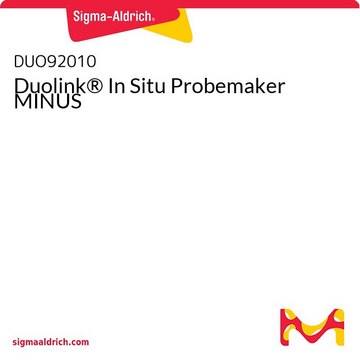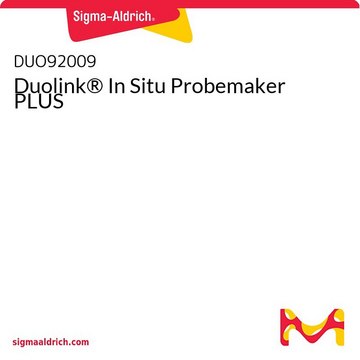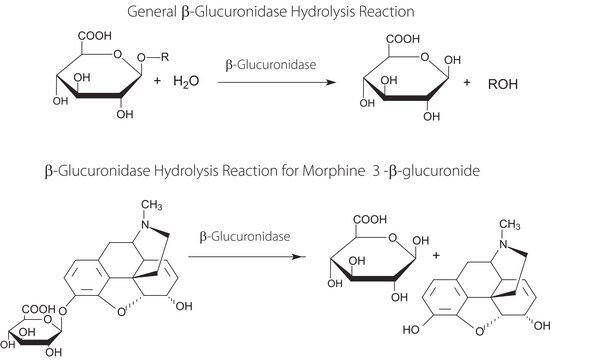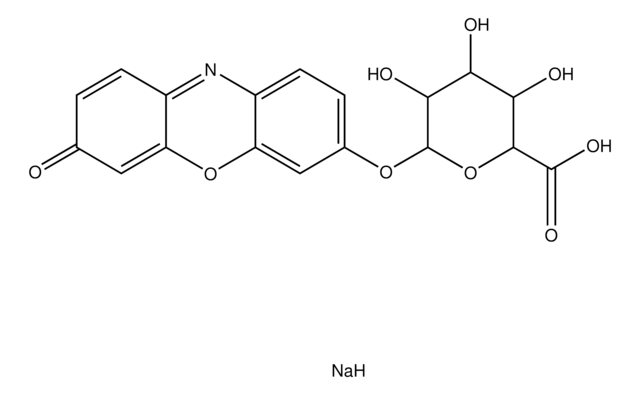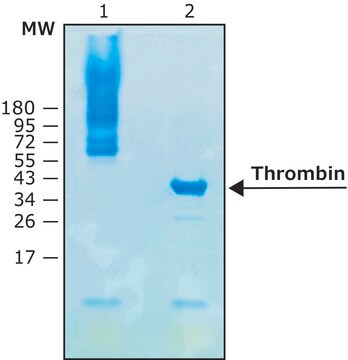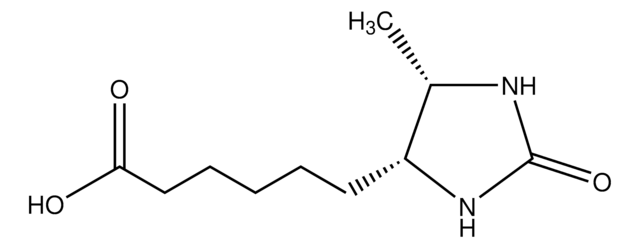MABF3208
Anti-HPV11 Antibody, clone H11.H3

Synonym(s):
HPV-11, Major capsid protein L1
About This Item
Recommended Products
biological source
mouse
Quality Level
antibody form
purified antibody
antibody product type
primary antibodies
clone
H11.H3, monoclonal
mol wt
calculated mol wt 55.8 kDa
observed mol wt ~N/A kDa
purified by
using protein G
species reactivity
virus
packaging
antibody small pack of 100
technique(s)
ELISA: suitable
neutralization: suitable
isotype
IgG2bκ
Protein ID accession no.
UniProt accession no.
storage temp.
-10 to -25°C
Specificity
Immunogen
Application
Isotype testing: Identity Confirmation by Isotyping Test.
Isotyping Analysis: The identity of this monoclonal antibody is confirmed by isotyping test to be mouse IgG2b, kappa.
Tested Applications
Enzyme Immunoassay Analysis: A representative lot of this antibody detected HPV11 protein in ELISA application.
Neutralizing: A representative lot of this antibody neutralized HPV11 in neutralizing application (Christensen, N.D., et al. (1994). Virology. 205(1):329-35; Christensen, N.D., et al. (1996). Virology. 224(2):477-86).
ELISA Analysis: A representative lot of this antibody detected HPV11 protein in ELISA application (Christensen, N.D., et al. (1990). J Virol. 64(11):5678-81; Christensen, N.D., et al. (1994). Virology. 205(1):329-35 ; Christensen, N.D., et al. (1996). Virology. 224(2):477-86; Panicker, G., et al. (2021). J Immunol Methods. 498:113136; Jerajani, K., et al. (2022). J Pharm Sci. 111(11):2983-2997).
Note: Actual optimal working dilutions must be determined by end user as specimens, and experimental conditions may vary with the end user.
Target description
Physical form
Reconstitution
Storage and Stability
Other Notes
Disclaimer
Not finding the right product?
Try our Product Selector Tool.
Storage Class Code
12 - Non Combustible Liquids
WGK
WGK 2
Flash Point(F)
Not applicable
Flash Point(C)
Not applicable
Regulatory Listings
Regulatory Listings are mainly provided for chemical products. Only limited information can be provided here for non-chemical products. No entry means none of the components are listed. It is the user’s obligation to ensure the safe and legal use of the product.
JAN Code
MABF3208-25UG:
MABF3208-100UG:
Certificates of Analysis (COA)
Search for Certificates of Analysis (COA) by entering the products Lot/Batch Number. Lot and Batch Numbers can be found on a product’s label following the words ‘Lot’ or ‘Batch’.
Already Own This Product?
Find documentation for the products that you have recently purchased in the Document Library.
Our team of scientists has experience in all areas of research including Life Science, Material Science, Chemical Synthesis, Chromatography, Analytical and many others.
Contact Technical Service
